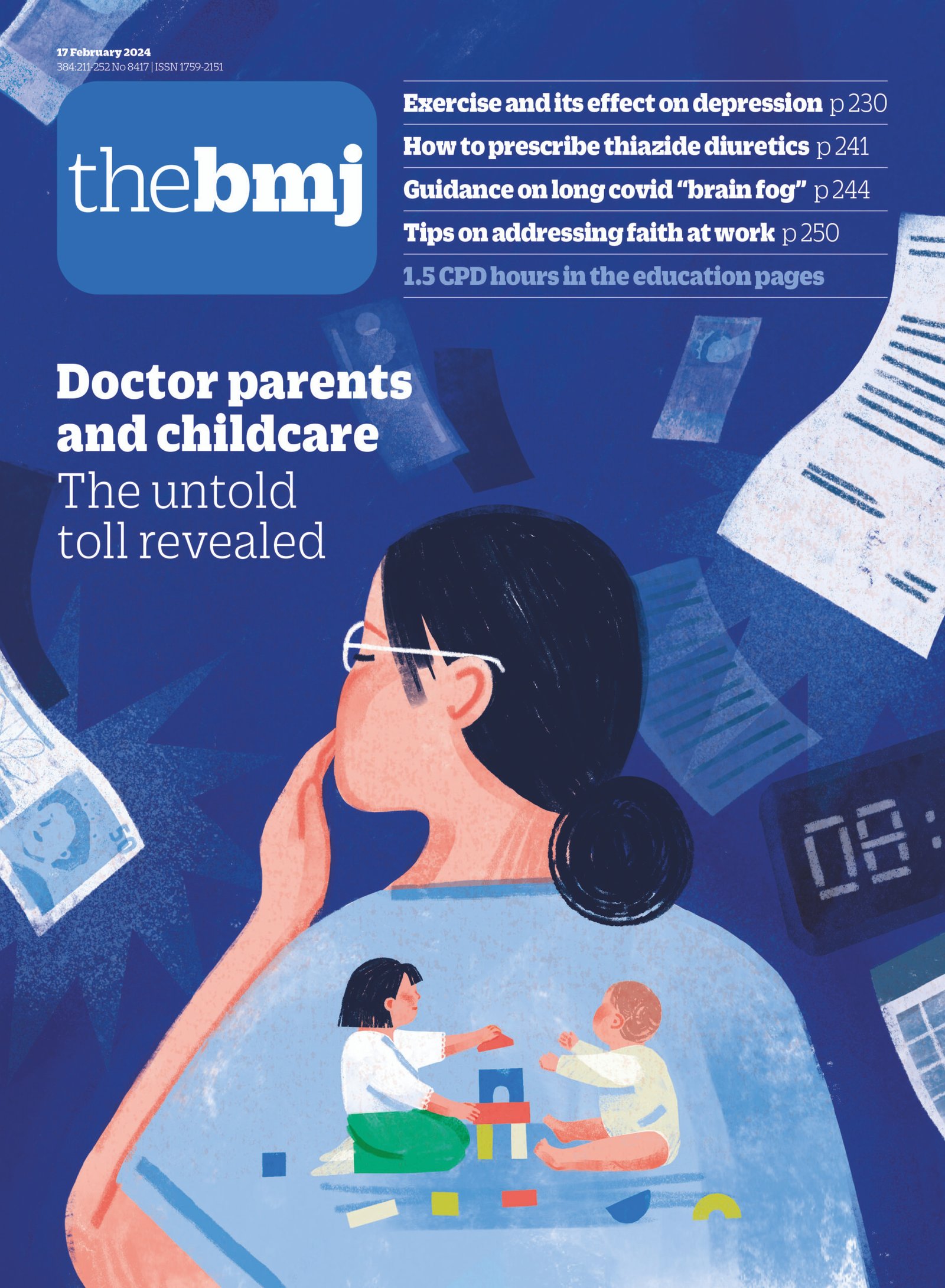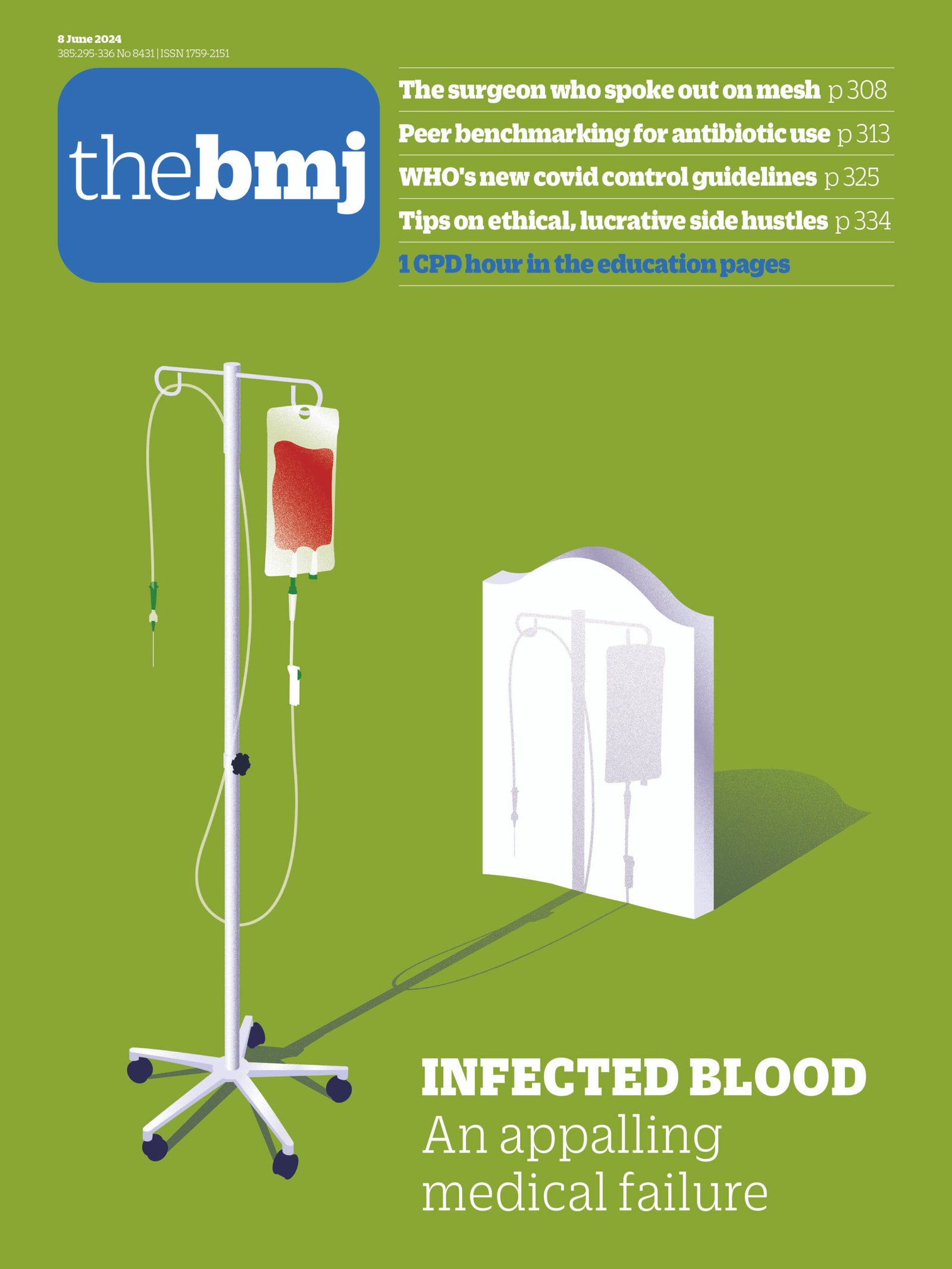- Department of Medical Parasitology, Faculty of Medicine, Suez Canal University, Ismailia, Egypt
- dramal8{at}med.suez.edu.eg
Malaria remains a significant global health burden. The World Health Organization’s 2023 malaria report estimates that the number of cases worldwide increased by five million between 2021 and 2022, reaching 249 million.3 Although annual malaria deaths steadily declined between 2000 and 2019, they reached 608 000 in 2022, roughly 32 000 more than pre-pandemic levels. The African region is worst affected, accounting for over 90% of cases and fatalities, mostly among children under 5 years. The current trajectory falls far short of WHO’s ambitious global targets for malaria control to reduce both incidence and mortality by at least 75% by 2025 (relative to 2015 levels), and 90% by 2030.12
Substantial challenges continue to impede progress. Millions of people, particularly in resource limited settings, lack access to essential tools for diagnosis, prevention, and treatment.1 The emergence and spread of drug resistant malaria parasites and insecticide resistant mosquitoes pose a growing threat. Other factors such as climate change, conflict, humanitarian crises, resource shortages, system inefficiencies, and biological developments, including genetic changes in malaria parasites that compromise detection, also …










